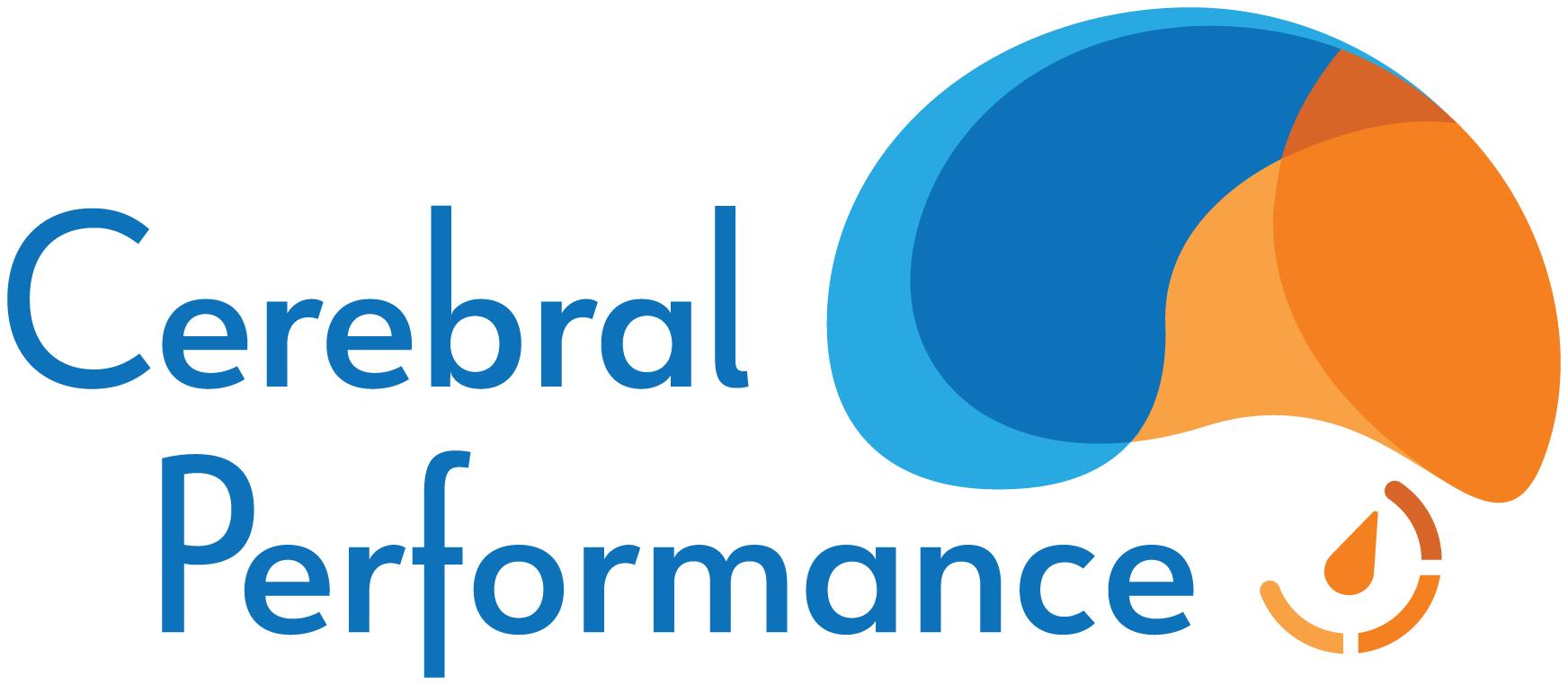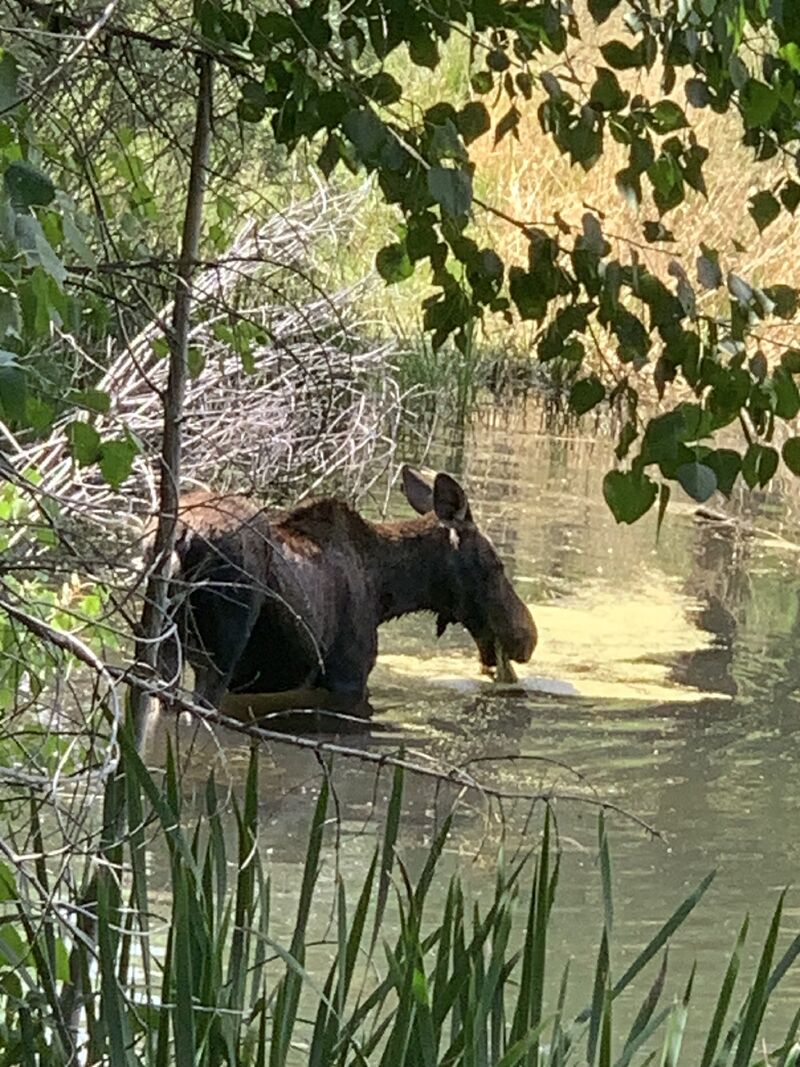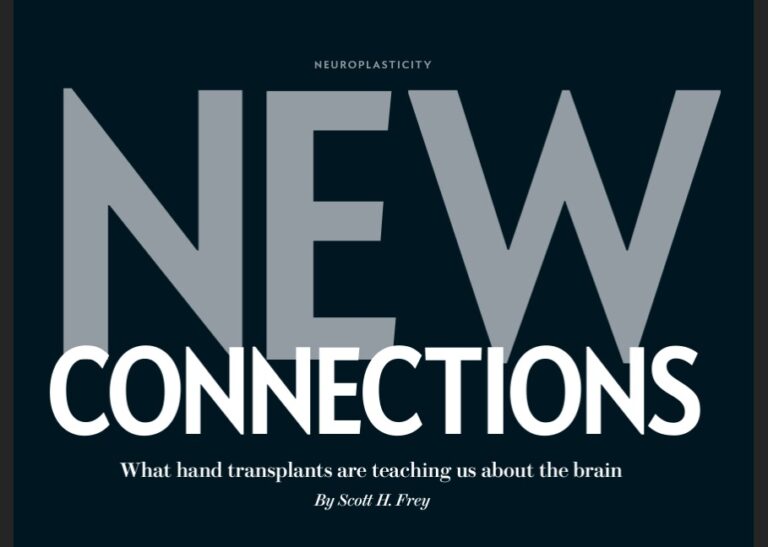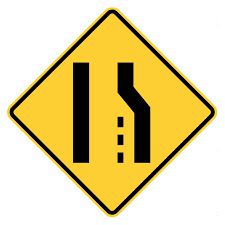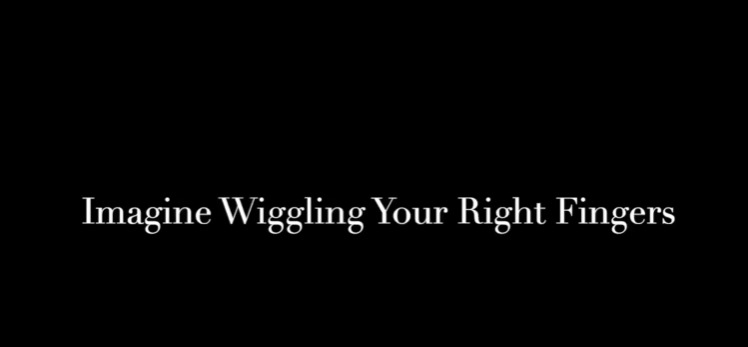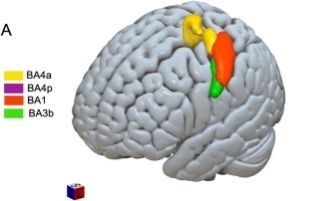The Power of Play: Building Resilience Through Life’s Highs and Lows
The greatest gift that I have received from over 40 years of training and competing in various endurance sports has nothing to do with physicality.
Yesterday I began riding my bike under optimal conditions immersed in the beauty of the Northern Colorado front range, clear skies, no wind, warm temperatures, and minimal worries.
As I left the canyon and ascended the first steep pitches, I noticed a small pond and thought to myself “that would be a perfect place for a moose.” As if by magic there she was, a beautiful cow moose munching away on the aquatic plants. My favorite animal!
Making my way up the next canyon, I could see black clouds gathering. Where did this come from? Soon, the temperature plummeted and the cold rain and hail pounded down. For the next 2 hours I plowed along wondering how this day would end, but also knowing that despite being uncomfortably cold and wet, I was not in true danger of hypothermia. In a handful of hours of riding, I was able to experience some wonderful highs and unpleasant lows. Alls well that ends well, and it my case this adventure ended with dry clothes, a warm cafe, and hot coffee.
Unforeseen storms are part of life. Our health, careers, and relationships can and do change, sometimes with minimal warning. The very best of days can turn dark and vice versa. Understanding our inner strength and learning how to find relative calm in the midst of stress and uncertainty are skills that can be developed. Play, in my case pedaling, is not only a way to get a break and relax. It can provide a safe space to practice these valuable life skills with relatively minimal consequences.
Some of my coaching clients have lost touch with play. Consciously or otherwise, they have bought into a culture in which play is seen as frivolous and have therefore chosen the “more mature” option of working more. Or, they have managed to turn play into another form of work, which may be terrific for building muscle and strengthening bones, but can fail to deliver these larger psychological benefits that can help us to navigate life’s ups and downs with resilience.
When I bring up play with these individuals, they are often surprised because it it goes against their beliefs about optimal performance. That is usually a sign that play will be a key prescription for their growth and development.
Do you play regularly? How so, and what does it give you?
